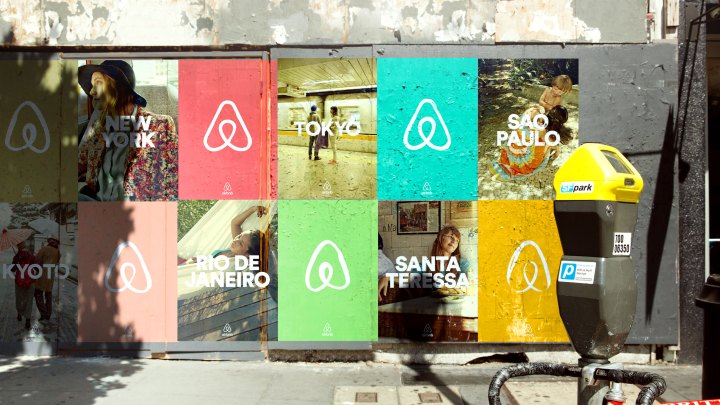
Airbnb recently released a report of its own, which also admitted to a number of wrongdoings. Last week, the San Francisco-based company promised to start cracking down on illegal rentals in its home city, which it admitted comprised up to 10 percent of its local listings. But apparently, that was a rather major underestimation.
As per the city’s report, 285 (about 26 percent of the total) entire-home listings violate the city’s 90-day cap on “unhosted rentals” that are meant to combat illegal, full-time hotels. And it’s not just a slight violation — the average occupancy of these homes (owned by 261 unique hosts) are occupied for an average of 180 nights per year.
“This damning report makes it clear that it would be irrational to rely on Airbnb and the industry to self-regulate,” said Supervisor David Campos, who asked city analysts to crunch the numbers. “We need to amend the law to make sure there is proper implementation.”
It’s unclear as to how the city aims to combat the growing problem presented by Airbnb, though the report did suggest stricter laws as a potential solution. That said, there are certainly a number of obstacles in the way.
“The (city enforcers) don’t know the location of the businesses they are in charge of regulating or the names of the people running them,” said the report’s main author, Fred Brousseau, director of policy analysis in the Budget and Legislative Analyst’s Office. “That puts them at a real disadvantage in terms of enforcement. The fact that there are that many hosts exceeding the 90-day cap (on whole-home rentals) and the city can’t identify them in any systematic way or get them to stop is an indication that the office doesn’t have all the tools at its disposal that it needs.”
For its part, Airbnb insists that it’s doing everything it can to help. “Airbnb is already working to help meet the city’s goal of fighting illegal hotels and we are taking action by removing unwelcome listings from our platform, releasing data and cracking down on commercial operators,” the startup said in a statement. Unfortunately, that just may not be enough.


